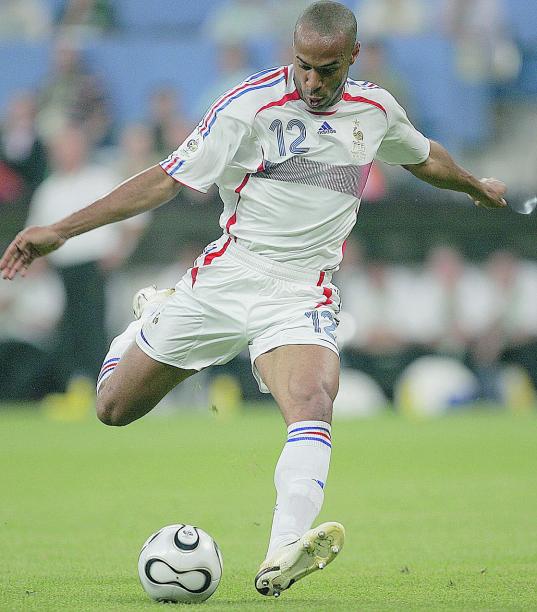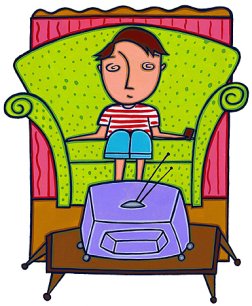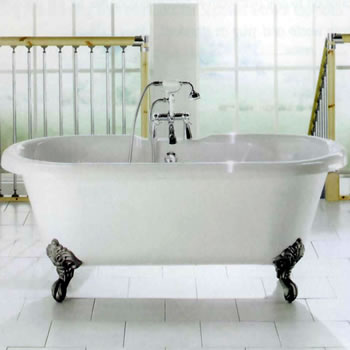So, a really important piece of work is due in soon and you're stuck. You've forgotten your tenses, muddled up your verb endings and don't know what sentence structure you should use. However, instead of panicking just read on because help is at hand.
Make sure you include:
TENSES
At least 2 tenses and preferably 3 if you are aiming for a higher level.
You could choose to use:
The present tense-
Try to include as many different verbs as possible; you must use avoir (to have), être (to be), faire (to make/do), aller (to go). Also try to include regular -er, -ir and -re verbs for greater depth (eg jouer (to play), finir (to finish), vendre (to sell)).
The (past) perfect tense-
The perfect tense is used to describe already completed actions in the past tense. For example, I played football, I watched TV
In the vast majority of cases this is made up of the present tense of 'avoir' followed by the past participle. For regular -er verbs one must take the stem of the infinitive and add é. For example , if we take the verb 'jouer' (to play) we find the stem which is 'jou-' and add é to make (j'ai) joué. For -ir and -re verbs the infinitive stem is added to by -i and -u respectively. So,
finir becomes (j'ai) fini
vendre becomes (j'ai) vendu
However, some verbs in the perfect tense do not follow this rule as they are irregular. Unfortunately, there is no easy way to remember these; you will just have to learn them off by heart. For example, prendre becomes (j'ai) pris.
Other verbs in the perfect tense take present tense être and agree with the subject.The normal rules for past participles apply but:
- If feminine the past participle adds an 'e'
- If masculine plural the past participle adds a 's'
- If feminine plural the past participle adds 'es'
You can remember the 13 verbs which take être by using the acronym 'MRS VAN DE TRAMP' which stands for:
Monter, Rester, Sortir
Venir, Arriver, Naître
Descendre, Entrer
Tomber, Revenir/Retourner, Aller, Mourir, Partir
The (past) imperfect tense-
This is used to describe incomplete actions or a state of being in the past.
To form it one must take the stem of the infinitive of the verb and add the appropriate ending. So,
For 'je' or 'tu' add 'ais', for 'il', 'elle' or 'on' add 'ait', for 'nous' add 'ions', for 'vous' add 'iez' and finally for 'ils', 'elles' add 'aient'.
For example jouer becomes 'je jouais', 'il jouait', 'nous jouions', 'vous jouiez', 'ils jouaient'
The future tenses-
Writing in the future couldn't be easier. For the simple future tense:
Take the present tense of 'aller' and add the infinitive of the verb you wish to use. For example, if you wish to use jouer in the first person ( I am going to play) in the future you would say 'je vais jouer'.
For a different future tense:
Take the infinitive of the verb and add the present tense 'avoir' endings. So,
I will play becomes ' je jouerai'.
TAKE CARE: When using -re verbs in this instance, you need to drop the 'e'.
STRUCTURE
Try to include a good structure and make use of connectives such as:
- mais- but
- qui- who
- et- and
- que- that
- parce que- because
- donc- so/ therefore
- où- where
REFLEXIVES
You could also use reflexive verbs such as 'se relaxer', 'se lever', 'se laver' and 'se sentir'. These three examples are regular -er verbs like many other reflexive verbs. They take the form of:
je me lave
tu te laves
il/elle/on se lave
nous nous lavons
vous vous lavez
ils/elles se lavent
In the past perfect tense reflexives always take être rather than avoir.
NEGATIVES
To form a negative in the present tense simply sandwich the participle of the verb between 'ne' and 'pas'. To make 'I play' (je joue) into 'I don't play' you need to say 'je ne joue pas'.
In the perfect tense you sandwich the auxiliary verb (participle of avoir/être) in between 'ne' and 'pas' to form, for example, je n'ai pas joué (I didn't play).
IF YOU CAN TAKE ALL OF THESE TIPS ON BOARD THEN YOU SHOULD ACHIEVE A GOOD LEVEL.
BONNE CHANCE!




